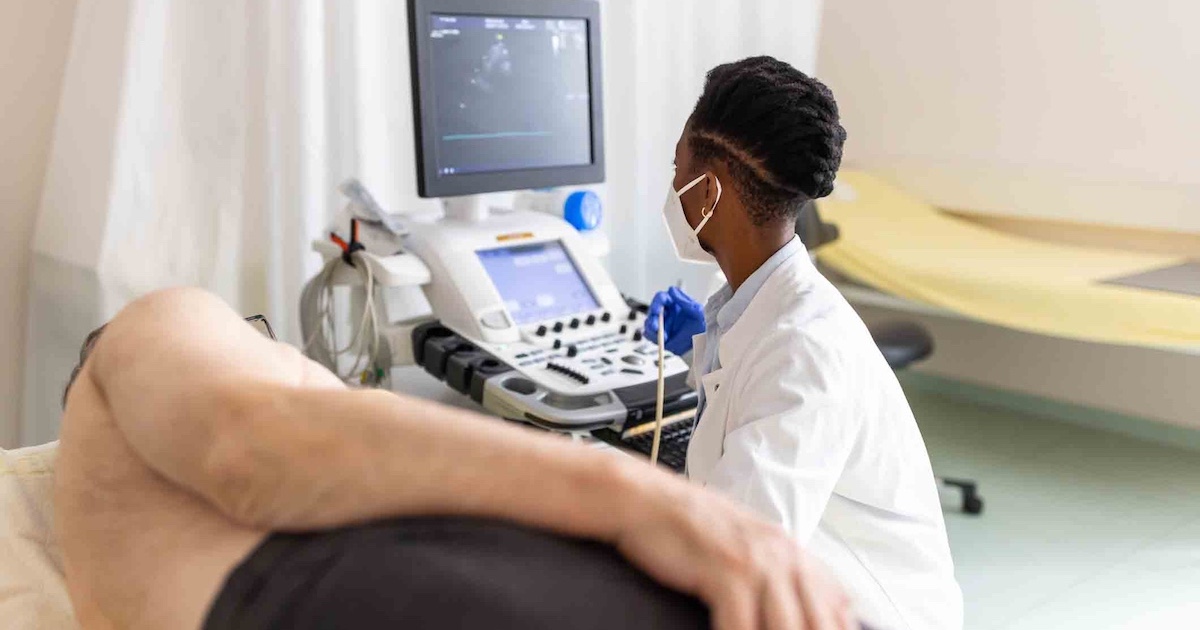A health network in Arizona is giving members suffering from chronic obstructive pulmonary disease access to tools that wirelessly transmit data to clinicians so doctors and patients can more effectively work together controlling COPD.
The Arizona Care Network, a collaboration of Dignity Health, Abrazo Health (part of the Tenet network) and Phoenix Children's Hospital that comprises some 10 hospitals, 2,300+ acute care physicians and more than half of the state's patient-centered medical home models, is using mobile health technologies to enable a variety of treatment options — ranging from daily therapy to early intervention that ideally prevents emergencies.
Whereas the Arizona Care Network is the first ACO in the nation to arm patients with Propeller Health’s sensors and smartphone application, other ACOs are embracing mHealth tools to help patients live healthier lives, stay out of the hospital, and in some instances the organizations are already realizing cost-savings.
[Product roundup: 10 mobile apps for evidence-based medicine.]
Just last month, the 13-hospital Franciscan Alliance ACO – one of the first in the country to partner with Medicare – announced that it's optimizing new revenue streams by connecting members to clinicians through Honeywell HomMed's mHealth devices and Lifestream Management Suite of analytical software. And last year, Primary Partners, a Florida-based ACO of some 60 healthcare providers, deployed AMC Health telemedicine services to members with chronic conditions to identify gaps in care, help ease care transitions, and improve ongoing monitoring and management.
While each ACO has applied mHealth tools to different areas, the end goals are very much the same.
“We are always seeking innovative, evidence- and value-based programs that both improve the health and quality of life of our patients and the efficiency of the care we deliver,” said Mark Stephan, MD, the Arizona Care Network's medical director, in a prepared statement.
Stephan added that Propeller’s technologies advance the Arizona Care Network’s efforts to personalize the care experience for COPD patients in their own homes.
“It will create new opportunities for us to intervene with patients who may be worsening and heading to a severe exacerbation,” he said.
Propeller Health CEO David Van Sickle said the Arizona Care Network, for its part, will be able to “better manage patients with COPD prevent avoidable hospitalizations, reduce readmission rates and ER visits while achieving better health outcomes.”
Related articles:
Why remote monitoring services are poised for explosive growth


